Heroin is one of the most widely recognized opioids, known for its highly addictive and dangerous nature, making it one of the most harmful drugs on the streets. Overcoming a heroin addiction can be challenging, but with the help of detox and rehabilitation treatments, it is possible.
Definition of a Heroin Addiction Treatment Facility
Heroin rehab centers offer therapy and support to individuals struggling with heroin addiction. These facilities provide comprehensive heroin detox programs in both inpatient and outpatient settings.
At the beginning of treatment, many heroin rehab centers offer detoxification programs to help patients safely withdraw from the drug. Following detox, patients receive various therapeutic interventions to address drug-use behaviors and prevent relapse. These may include individual therapy, group counseling, family therapy, peer support groups, and more.
Heroin Addiction Treatment: Inpatient vs. Outpatient
When choosing a heroin rehab facility, we can guide you in selecting either an inpatient or outpatient treatment program. Both approaches have advantages and disadvantages, and the choice depends on the specific treatment needs of each patient.
Heroin Treatment for Inpatients
Inpatient rehab programs provide residential addiction therapy, offering 24/7 care and access to medical services if needed. Inpatient treatment is particularly beneficial for individuals with a history of relapses, a long-standing heroin addiction, or additional medical and mental health issues requiring care.
If any of these factors apply to your situation, an inpatient detox program can provide the best chance of recovery. With ongoing staff supervision and care, this comprehensive experience helps individuals embark on the journey towards improved health and sobriety.
Heroin Treatment for Outpatients
There is a wide range of outpatient facilities available, and we can assist you in finding the right one. Outpatient rehab centers offer therapy through individual sessions, group therapy, and sometimes access to psychiatric care or medication-assisted treatment. The treatment plan can be customized to meet the specific needs of each patient, with the type and frequency of scheduled groups varying accordingly.
Inpatient therapy settings often require a significant time commitment, as studies have shown that successful outcomes and long-term sobriety require at least 90 days of treatment. Inpatient treatment is often sought because heroin addiction is highly persistent and affects various aspects of a person’s life.
Heroin Addiction vs. Tolerance
Heroin tolerance and dependency are distinct concepts. Tolerance develops when the body adapts to the level of heroin used, requiring higher doses to achieve the same effects. This is often a sign of dependence, where individuals believe they need the drug to function normally. Dependence on heroin can lead to uncomfortable physical withdrawal symptoms and increased drug-seeking behavior.
Duration of Heroin Recovery
The duration of a person’s stay at an inpatient heroin recovery facility varies depending on multiple factors. While 30-day programs are common, some treatment centers offer 60- or 90-day regimens. Research suggests that longer-term treatment, such as 90 days or more, leads to better outcomes and long-term sobriety.
We can help you find facilities that offer extended programs for individuals who have relapsed after a 30-day program, those with co-occurring mental or physical health issues, or those without stable living conditions. Some heroin treatment facilities even provide inpatient care for up to a year. Selecting the most suitable option is an essential first step in beginning your rehabilitation journey.
Advice from Patients Leaving Treatment
In a 2016 study conducted by Recovery Brands, respondents highlighted the importance of payment procedures, amenities provided by the institution, and available support networks when evaluating a program. We can assist you in choosing a facility that aligns with your financial policies and program preferences.
Heroin Addiction Medical Detox
The first stage of heroin treatment is detoxification, which aims to alleviate withdrawal symptoms and help the body adjust to functioning without the drug. Medically supervised heroin detox ensures the patient’s safety and comfort throughout the process.
The type of detox program offered depends on the chosen facility. Some heroin treatment centers use medication-assisted therapy to expedite the detoxification process.
The Initial Stage of Recovery: Detox
A proper detoxification period is crucial in the initial stages of recovery from drug addiction as it prepares the body and mind for the rest of the rehabilitation process. Detox alone does not encompass comprehensive therapeutic efforts. After completing detox, most addiction recovery programs incorporate a combination of group and individual therapy to address the need for social support and develop the cognitive-behavioral changes necessary to resist future drug temptations.
Heroin Withdrawal Symptoms and Duration
When individuals stop using heroin, they often experience acute opioid withdrawal symptoms within 6 to 12 hours. The peak period of withdrawal symptoms typically occurs 3 to 4 days after the last dose. The severity of withdrawal symptoms varies depending on the level of heroin misuse, but they generally include drug cravings, moodiness, abdominal pain, watery eyes, runny nose, restlessness, diarrhea, chills, fever, tremors, joint pain, vomiting, nausea, elevated blood pressure, and heart rate. While these symptoms can be uncomfortable, they are usually not life-threatening.
Treatments for Heroin Addiction
Heroin addiction treatment may involve the use of certain medications to alleviate withdrawal symptoms and cravings. These include:
- Buprenorphine: A partial opioid agonist that binds to the same receptors as heroin, reducing cravings and avoiding the unpleasant effects of opioids. Suboxone is a common brand name that combines buprenorphine with naloxone.
- Methadone: Similar to buprenorphine, methadone blocks the effects of heroin on the brain’s opioid receptors. It is a slow-acting opioid agonist administered orally to prevent withdrawal symptoms and reduce the “high” from other administration routes.
- Naltrexone: An opioid antagonist that blocks the effects of opioids by binding to the receptors. It does not cause physical dependence, addiction, or sedation.
In addition to medication-assisted treatment, some individuals may choose abstinence-only detox, where withdrawal symptoms are managed without opioid replacement therapy. Medically facilitated detox programs have gained popularity in recent years to help people overcome heroin addiction.
Treatment for Heroin Addiction
After successfully completing detox, addiction treatment begins. Heroin treatment centers offer various therapeutic approaches, including individual and group therapy, substance abuse seminars, and family therapy. Psychiatric care may also be provided for individuals with co-occurring mental illnesses.
Sober living, ongoing support, and aftercare planning are essential components of the treatment process. Each person’s recovery journey is unique, and an individualized aftercare plan is developed to maximize their chances of long-term success. Options may include outpatient programs, individual therapy, 12-step meetings, extended inpatient stays, or sober living arrangements.
Preventing Heroin Relapse
Relapse is a common occurrence in the recovery process, but it doesn’t indicate a failed attempt at rehabilitation. Adjustments to the treatment plan may be necessary if a relapse occurs. Strategies to prevent relapse include in-and-out care, group therapy, individual counseling, participation in 12-step programs or addiction support groups, regular follow-up visits, stable housing, and continuously maintaining an updated relapse prevention strategy.
Recovery Guidelines: The Five-Step Plan
To support long-term recovery, here are five guidelines to consider:
- Transform your life so that resisting drug use becomes second nature.
- Emphasize honesty and truthfulness, as addiction often involves lying.
- Seek social support, as studies show it significantly improves sobriety chances.
- Prioritize self-care without becoming self-centered.
- Stick to established protocols rather than trying to recover in your own way.
Covering the Cost of Heroin Addiction Treatment
The financial commitment required for heroin addiction treatment can be a concern for many. Treatment facilities offer various options to help cover the costs, including private insurance, sliding-scale fees, loans, and payment plans.
Locating Effective Heroin Rehab Centers
We assist individuals in finding excellent rehab facilities that align with their needs. Staying close to home can be beneficial if there is a strong sober support network nearby. However, some individuals find that traveling to a new environment facilitates their recovery. The primary focus should be on selecting a facility where individuals feel safe and can concentrate on their recovery.
Choosing the Right Type of Heroin Care
Different types of heroin detox centers exist, each with its own advantages and disadvantages in terms of amenities and resources. Premium facilities tend to have higher costs but provide luxurious services similar to resort settings. Executive facilities cater to professionals and provide high-end amenities while offering structure and support for continued work during rehabilitation. Typical rehab programs, both residential and non-residential, offer standard treatment options at more affordable rates.
Considering Rehab for Heroin Addiction
Deciding to enter a heroin rehabilitation facility can be challenging. If you recognize the need to address the issue, it’s a positive sign that you’re ready to explore potential solutions. Recovery from heroin addiction is possible with the right support and determination.
Recovering from Heroin Addiction: A Holistic Approach
Holistic treatment approaches address the physical and mental health risks associated with heroin addiction. By incorporating talk therapy, meditation, and other holistic methods, these programs focus on healing the mind as well as the body. While physical cravings may be more challenging to treat, holistic rehab programs aim to reduce the severity of withdrawal symptoms using natural approaches.
Holistic treatment involves detox as the first step toward physical recovery. The program then focuses on restoring the spirit and mind. While conventional care includes medication and therapy, holistic treatment aims to address any co-occurring conditions without pharmaceuticals. It may include practices such as yoga and exercise alongside group therapy and individual counseling to help individuals manage stress and develop healthier coping mechanisms.
Next Steps After Holistic Heroin Treatment
Transitioning back into daily life after heroin addiction treatment can be challenging. Holistic treatment emphasizes lifestyle changes, addressing all aspects of an individual’s life, including diet and thought patterns, to provide sustainable support in avoiding drug use as a coping mechanism.
Successful recovery depends on both personal motivation and the quality of rehabilitation services received. Holistic approaches can be a valuable option for heroin addiction treatment, although they may not suit everyone’s preferences.
Check to see if your insurance is in-network at any of our Addiction Centers
- We will conduct an immediate verification of the coverage provided by your insurance provider.
- As a result, you may be eligible for treatment at one of our facilities with a discounted rate.
FAQs About Rehab for Heroin Addiction
Inpatient treatment involves the patient living full-time in a treatment center where they receive around-the-clock care and support, often beneficial for long-standing addiction or additional medical and mental health issues. On the other hand, outpatient treatment involves regular therapy sessions while the individual continues to live at home, suitable for those with less severe addiction and a stable living environment.
Medical detox is the first stage of heroin addiction treatment, aiming to safely manage withdrawal symptoms as the body adjusts to functioning without the drug. It can involve medication-assisted therapy to alleviate discomfort and cravings, ensuring the patient’s safety and comfort throughout the process. It prepares the body and mind for the subsequent stages of rehabilitation.
Treatment facilities typically offer several options to help cover the costs of heroin addiction treatment. These may include utilizing private insurance, sliding-scale fees based on income, personal loans, or establishing payment plans with the facility.
A holistic approach addresses both the physical and mental health aspects of heroin addiction. Alongside medical detox and traditional therapies, it incorporates practices such as meditation, yoga, exercise, and dietary changes. This approach aims to heal the mind and body and assist individuals in managing stress and developing healthier coping mechanisms.
Relapses can be prevented by following an individualized treatment plan that may include in-and-out care, group therapy, individual counseling, participation in 12-step programs or addiction support groups.
Disclaimer: Only a medical or clinical professional may diagnose a substance use disorder. This assessment may serve as an indicator of a potential addiction but should not replace a diagnosis from a professional treatment provider.

900 Ridge St Stoughton WI 53589

1221 Newberg Ave Macon GA 31206
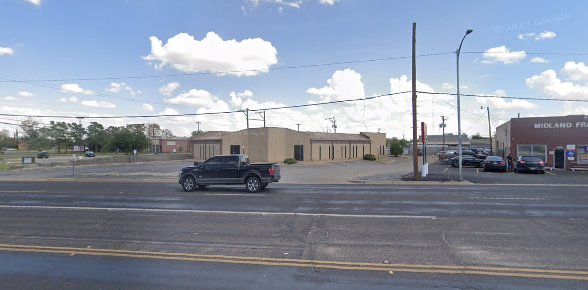
2401 W Wall St Midland TX 79701

541 S Ham Ln Suite A & B Lodi CA 95242

1758 County Services Pkwy Marietta GA 30008

189 E Ctr St Glenwood UT 84730

420 Airport Rd C Elgin IL 60123
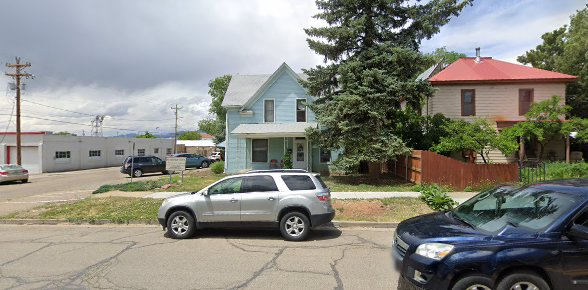
35 N Ash St Cortez CO 81321

320 Suydam St New Brunswick NJ 08901

3 Mercy Care Ln Guilderland NY 12084

2925 E Colfax Ave Denver CO 80206

339 E 3900 S #155 Salt Lake City UT 84107

3520 S Ashland Ave Chicago IL 60609
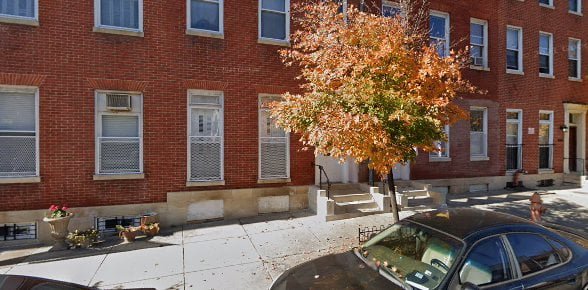
822 N Eutaw St Suite 102 Baltimore MD 21201

1201 NW 16th St Miami FL 33125

2195 N Airport Rd Jasper AL 35504

1006 Highland Ave Shreveport LA 71101
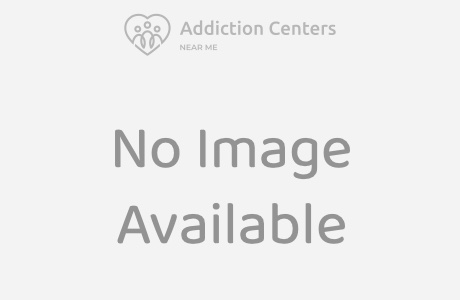
6240 Greenwood Rd Shreveport LA 711198413
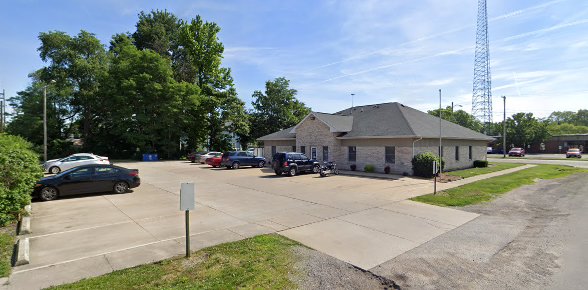
1227 S 9th St Springfield IL 62703
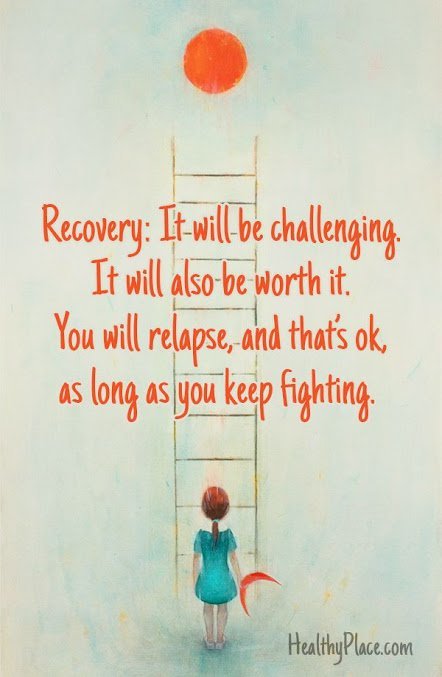
780 W Bel Air Ave B Aberdeen MD 21001
We can help you find the care you need to get clean and stay sober.
View All Facilities


